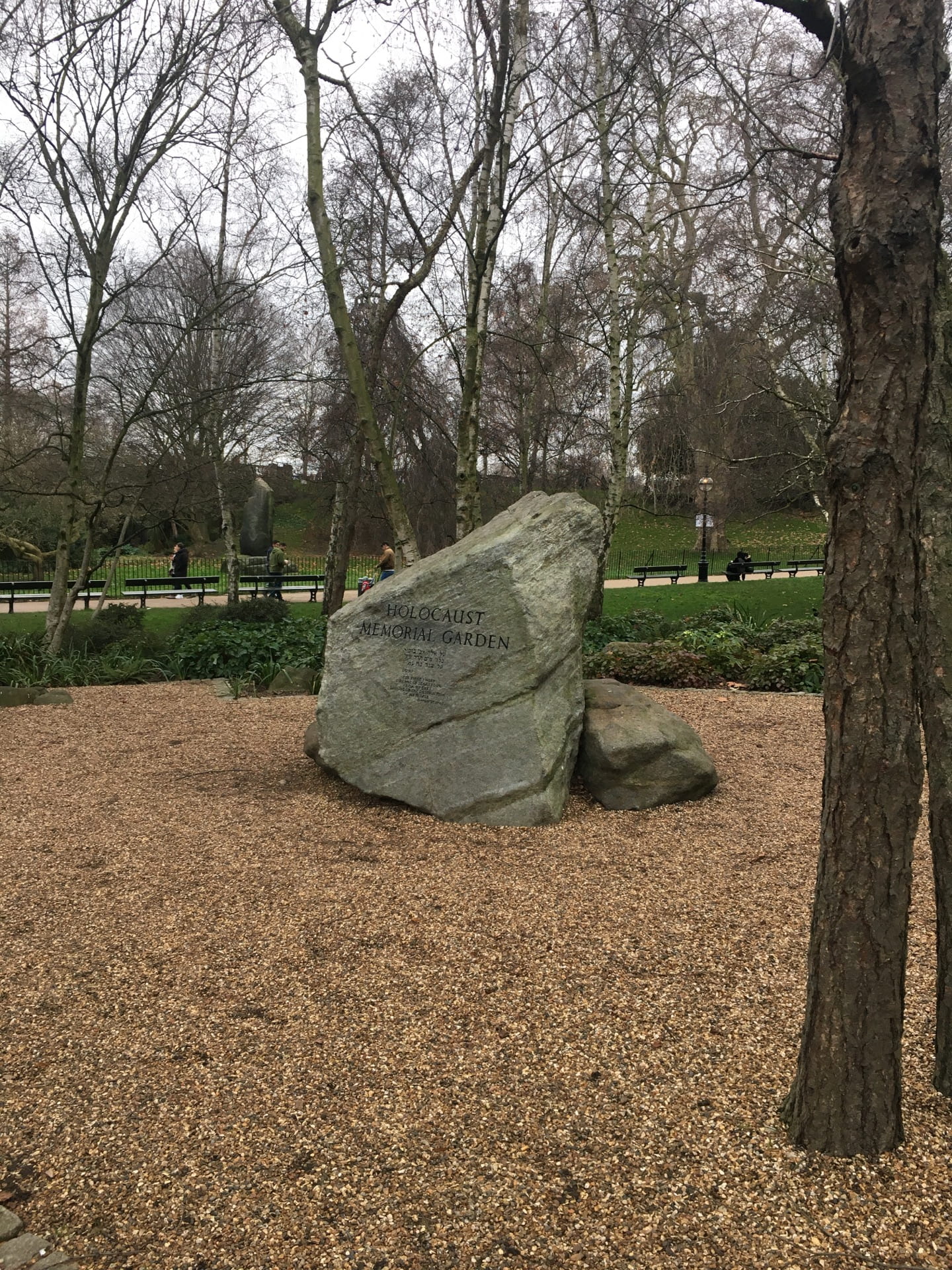Charli Veale is a recent graduate from the University, having completed her BA in History earlier this year (2020).
Hi Charli. First of all, thanks for making the time to talk to us. Could you start by telling us a little bit about what you are up to now?
During my time at Bristol I mostly worked – as well as doing my degree I worked for Bristol Futures, running academic drop-in sessions and workshops for students, as well as for M&S, part-time. It was hard but rewarding.
Graduating in a pandemic was harder, going from 100 miles an hour to nothing, but by that time I’d realised I wanted to work in the arts/culture sector, hopefully still working with history to a degree. I spent the summer volunteering at an art gallery and at the Imperial War Museum to gain skills and I have just accepted a job offer to do marketing & events at a heritage house in North London.
Congratulations! It’s especially interesting to see you are going into an area – heritage work – that is related to your undergraduate dissertation research, which was on ‘Shaping Memory: London’s new national Holocaust memorial’.
That’s right. Since 2015 the government have been debating and developing a memorial project, for a new monument to the Holocaust to be built in central London.
My dissertation looked into this project, treating the memorial as if it was already built, to analyse how memory is organised and influenced by the present day. I argued that the government are using Holocaust memory, and in part pushing for this memorial, as a way to advance other domestic aims. An example of this is their promotion of ‘British values’, as a way to encourage integration. I argue that, in doing so, they’re at risk of promoting a false, self-serving narrative to the British public and threatening actual historical understanding of what we know to be a terrible and complex event.

The existing Holocaust Memorial erected in Hyde Park in 1983 was the first monument to the Holocaust in Britain. Photo: Charli Veale.
How did you become interested in this topic?
I’d always been interested in Holocaust history. Then, at Bristol, my second-year module ‘Public History’ made me realise I’d always been interested in, and relatively good at, history in the public sphere, and it opened my eyes to the relationship between history and memory. I knew I wanted to combine these topics in some way for my thesis, and so with the advice to keep it British-centric (to make it easy for myself to find sources!) I came across the memorial project, and it was perfect.
Here was a topic in which history and memory were being debated and moulded in the present day – even throughout my time of writing.
What is the importance of the topic today?
The topic is hugely important because of the ongoing debate over where to put the memorial.
The project is led and controlled by the UK Holocaust Memorial Foundation, who are an ‘independent’ body, but appointed by the Prime Minister. The decision over where to put the memorial has created quite the argument…
The site – Victoria Tower Gardens (VTG), outside of Parliament – was announced in January 2016, with no publicly available information on how this was decided. Resistance against using this space, for many reasons, has sprung up in resulting years. A Planning Application was submitted to Westminster City Council, but was ‘called in’ by the Secretary of State for Housing, Communities, and Local Government, and in the last six weeks an independent Planning Inquiry has been taking place, as both sides argue over whether the memorial should be located in VTG or not.
I spoke on behalf of the opposition at the Inquiry on 11th November, summarising my dissertation argument and contending that I believe the UKHMF are insisting on the site as a means to promote these ‘British values’, and not because it’s a genuine endeavour into Holocaust memorialisation.
What advice would you give to a student interested in doing a similar project?
Choose something that genuinely interests you.
I dithered for ages over what might be good, fearing what I really wanted to do was too hard, but you’ll be so much more motivated if you love the topic you’re contributing to!
What’s the most interesting thing you’ve read in the last twelve months?
My favourite book that I read for my dissertation was James Young’s The Texture of Memory. Since graduating, maybe it’s Daring Greatly by Brené Brown – I would recommend her work to anyone!
What’s your must-do Bristol activity?
Picnicking on the downs in the summer is a must, as is Harbourside Festival if it’s going to run anytime soon! For everyone in lockdown I’d definitely recommend a takeaway pint from the Green Man, Kingsdown – Bristol’s finest.
What’s next for you?
Starting my new job!
I’m also hoping to maybe travel a bit and develop my language skills sometime soon, and I’m applying for a few master’s programs for next year – so we’ll have to wait and see.

